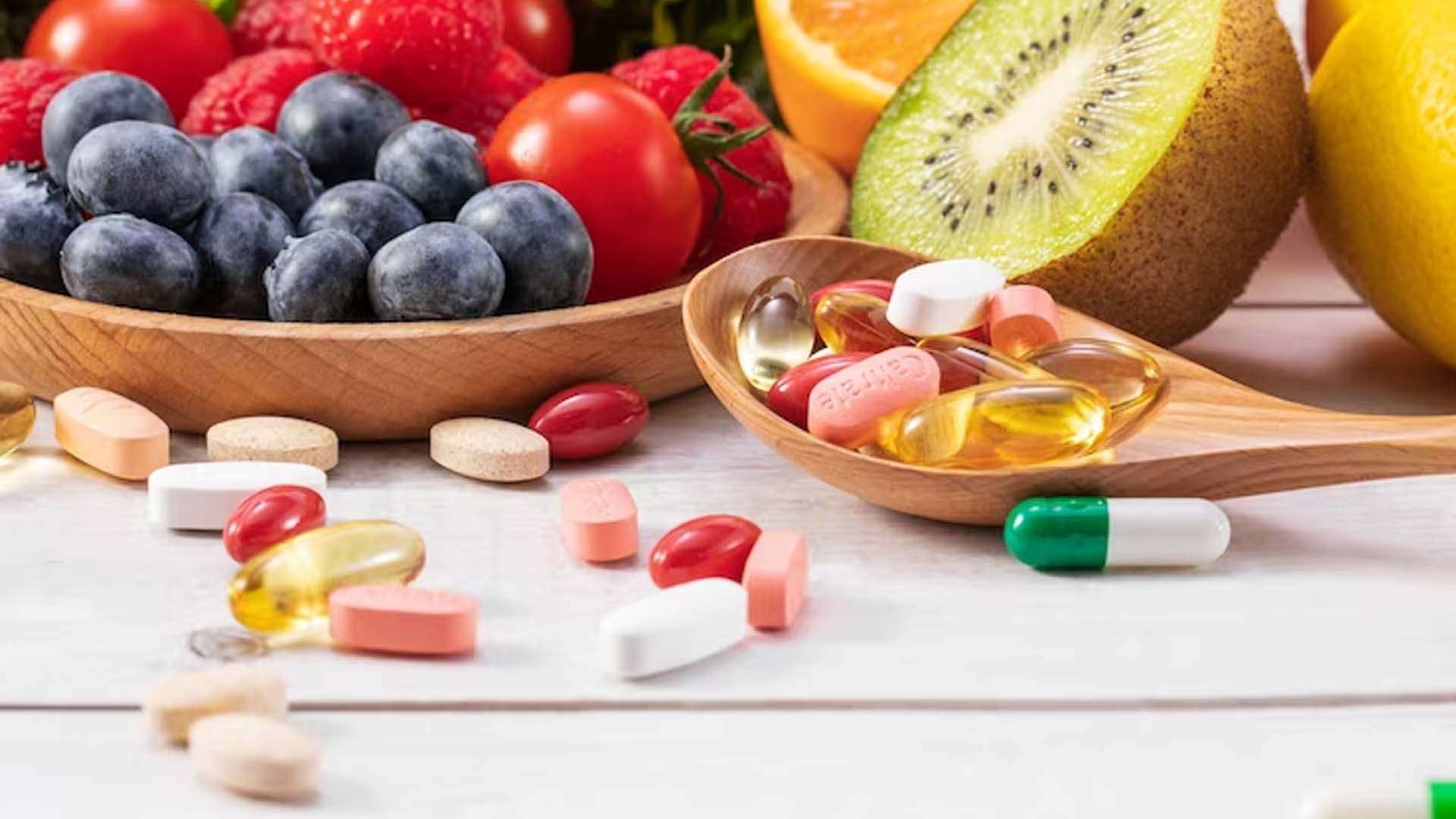Time: Popularity:0times
Cardiovascular disease remains a leading global health concern, driving interest in nutritional interventions. Among various bioactive compounds, soy isoflavones have emerged as promising cardioprotective agents. This article examines evidence-based nutritional supplements for heart health, with a focus on soy isoflavones' mechanisms, clinical evidence, and practical considerations.

| Supplement | Active Component | Cardioprotective Mechanism | Typical Dosage |
|---|---|---|---|
| Soy Isoflavones | Genistein, Daidzein | Improves endothelial function, reduces LDL | 50-100 mg/day |
| Omega-3 Fatty Acids | EPA/DHA | Lowers triglycerides, anti-inflammatory | 1.000-4.000 mg/day |
| Coenzyme Q10 | Ubiquinone | Enhances mitochondrial function, antioxidant | 100-300 mg/day |
| Plant Sterols | β-sitosterol | Reduces cholesterol absorption | 2.000-3.000 mg/day |
| Magnesium | Magnesium citrate | Regulates blood pressure, vascular tone | 300-400 mg/day |
| Study Parameter | Effect Size | Population | Duration | Key Findings |
|---|---|---|---|---|
| LDL Cholesterol | 3-6% reduction | Hypercholesterolemic | 8-12 weeks | Significant decrease |
| Endothelial Function | 15-20% improvement FMD | Postmenopausal women | 12 weeks | Enhanced vasodilation |
| Blood Pressure | 2-5 mmHg reduction | Mild hypertension | 16 weeks | Both SBP/DBP lowered |
| Arterial Stiffness | 7-10% improvement | Metabolic syndrome | 6 months | Reduced PWV values |
Upregulates LDL receptor activity in hepatocytes
Inhibits cholesterol absorption in intestines
Increases bile acid excretion
Stimulates endothelial nitric oxide synthase (eNOS)
Reduces vascular cell adhesion molecules (VCAM-1)
Inhibits smooth muscle cell proliferation
Suppresses NF-κB signaling pathway
Lowers CRP levels by 15-30% in clinical studies
Modulates cytokine production
Whole soy foods preferred over isolated supplements
Fermented sources (natto, tempeh) show enhanced bioavailability
Synergistic effects with other phytoestrogens
Generally well-tolerated up to 150 mg/day
Caution in estrogen-sensitive conditions
Greater LDL reduction in hypercholesterolemic individuals
More pronounced blood pressure effects in hypertensive patients
Enhanced vascular benefits in postmenopausal women
More modest LDL reduction (3-6% vs 20-50%)
Additional vascular benefits beyond lipid lowering
Fewer side effects than pharmaceutical options
Superior endothelial function improvement compared to resveratrol
More consistent blood pressure effects than garlic extracts
Better documented cholesterol benefits than green tea catechins
Soy isoflavones represent a scientifically validated nutritional approach to cardiovascular risk reduction, particularly for lipid management and vascular health. While not replacing conventional therapies, they offer a complementary strategy with multiple mechanisms of action. Future research should focus on personalized approaches considering genetic polymorphisms in isoflavone metabolism.
Company Phone
+86-21-6420 0566
Working hours
Monday to Friday
Mobile phone:
13816217984
Email:
info@qinsun-lab.com
